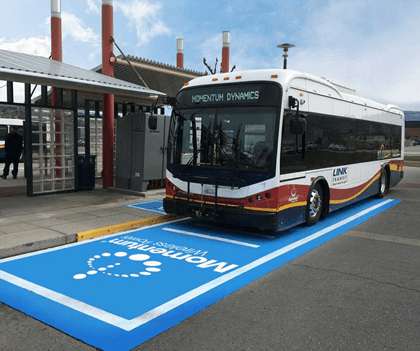INRIX: shared bikes and scooters could replace nearly 50% of downtown vehicle trips
Green Car Congress
SEPTEMBER 9, 2019
The high proportion of short-distance trips—independent of a city’s density or public transit network—highlights the universal potential for shared scooters and bikes. These cities also feature warm climates with minimal topographic variation, providing further support for micromobility.
































Let's personalize your content